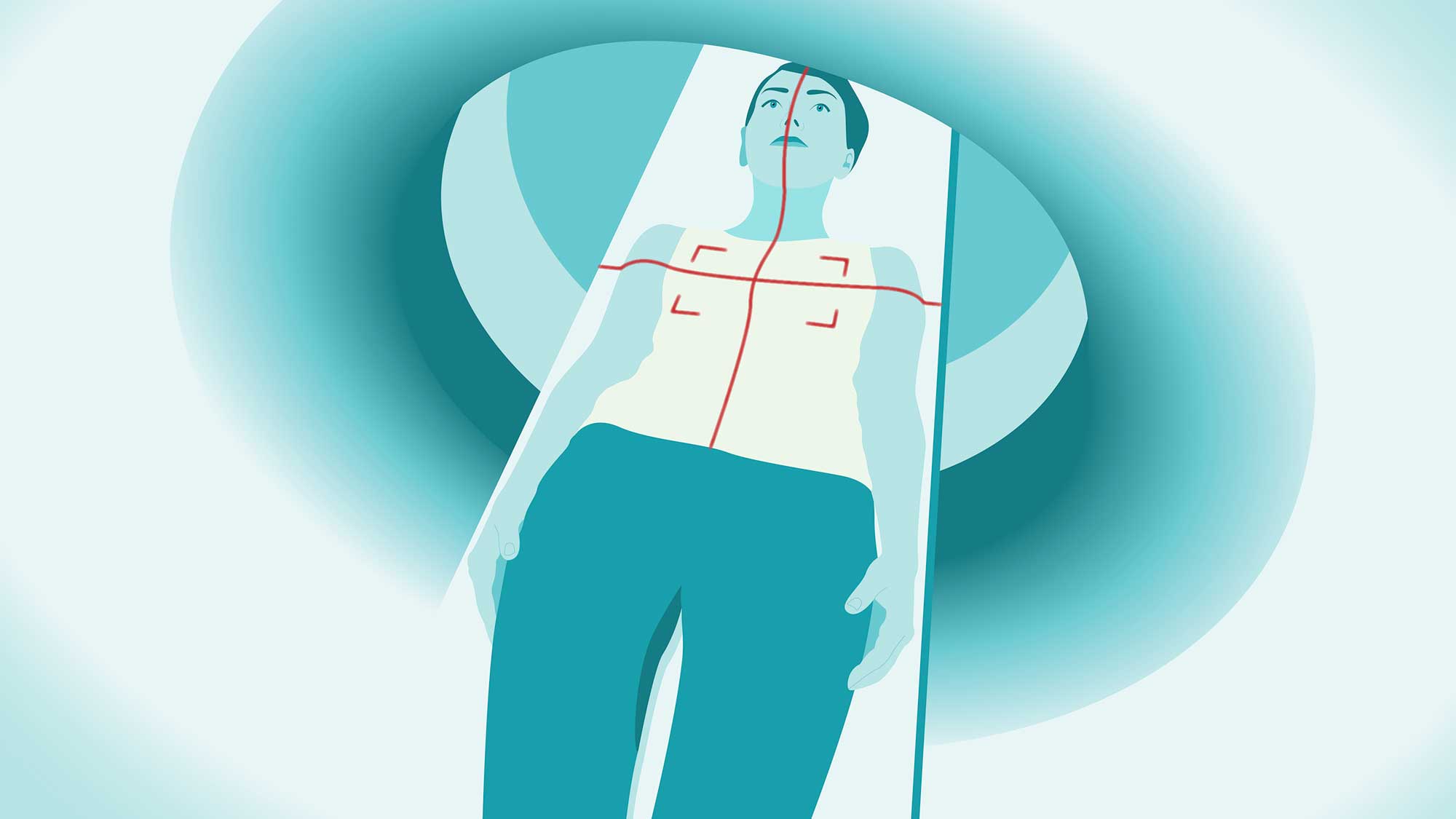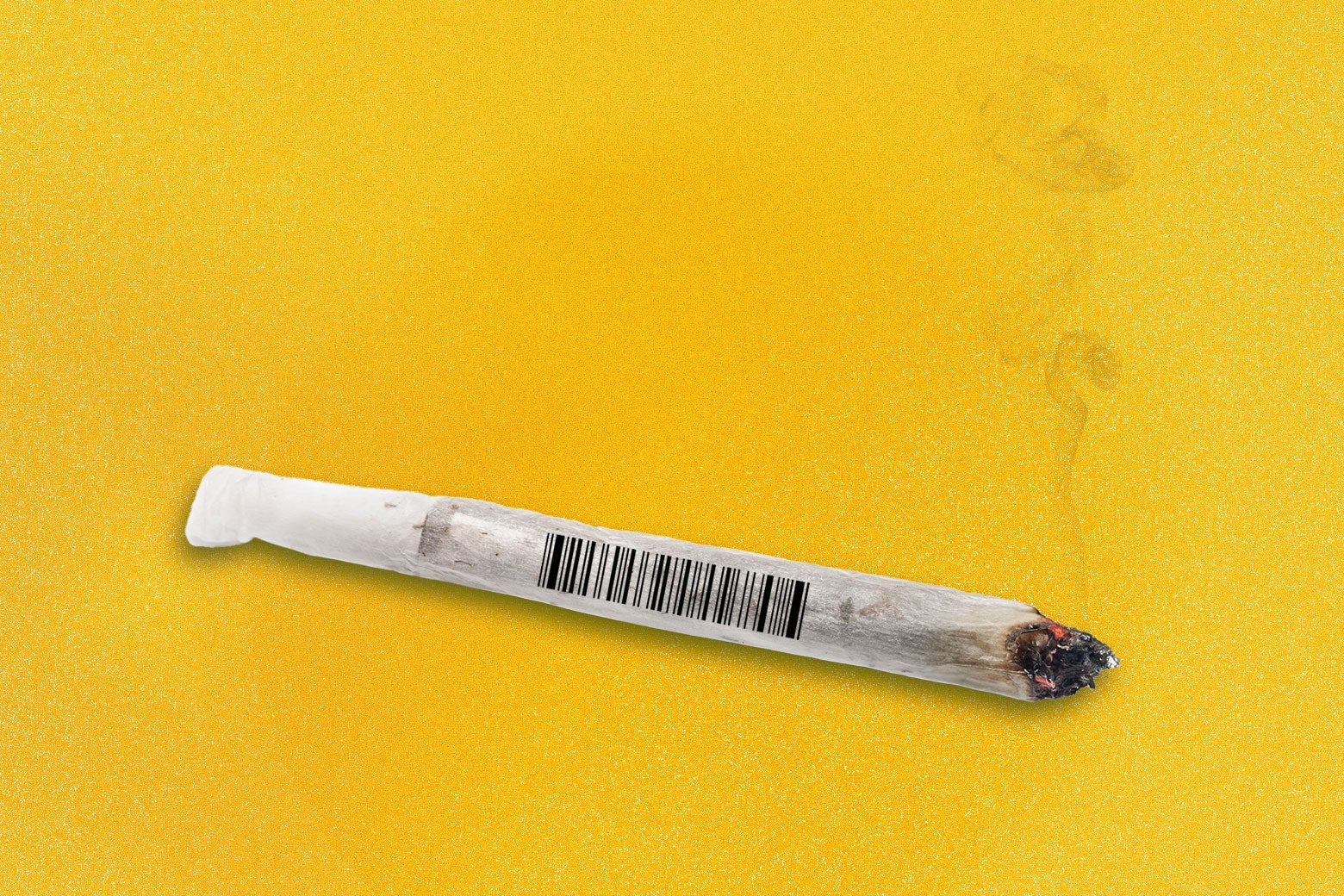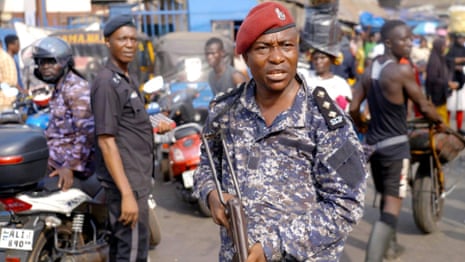Portraits of Struggle: A 10-Year-Old, a House Painter, and a Mother Grappling with HIV Medication Shortages in Zambia

In Zambia, the lives of many HIV-positive individuals are hanging in the balance as they face alarming shortages of essential medications. During a recent trip to the country, NPR reporters met with several people affected by these shortages, including a bright 10-year-old girl, a weary house painter, and a mother doing her best to care for her child amid escalating health challenges. These stories underline the profound impact of recent cuts to global health programs instituted by the Trump Administration.
Among those impacted is a 10-year-old girl named Dorcas, who, under normal circumstances, would be joyfully engaged in her childhood. Described by her mother, Theresa Mwanza, as a "very jovial little girl," Dorcas typically spends her afternoons playing pretend and practicing family routines. However, her innocent world has been dramatically altered. Both she and her mother have not taken their HIV medications for over a week, leaving Dorcas confused and anxious as she repeatedly checks their empty medicine tin, only to discover the clinic is closed.
"She'll run down to the clinic to check if she can collect her medication, only to find the doors locked and no staff around," Theresa explains, her voice heavy with concern. The U.S.-funded clinic, which previously served over 2,000 HIV patients, shut down at the end of January, leaving many, including Dorcas and Theresa, without access to the medications that are vital for their health.
Prior to the closure, the clinic not only dispensed medication but also provided essential nutritional support, as patients must take HIV medication with food. Without these resources, both mother and daughter are left vulnerable. While Theresa reports feeling relatively well, Dorcas has developed troubling symptoms: a fever and lethargy that worry her mother deeply. "She is a jovial little girl, but she has been very miserable the past few days," says Theresa, reflecting on her daughter's decline.
Mary Mayongana, a 42-year-old vegetable vendor, shares a similarly grim tale. Living with her extended family in a cramped compound, Mary has been homebound since her clinic shut down. "I feel weak," she admits, noting the itchy rash that has developed, a classic sign of her body struggling to cope with the absence of HIV treatment. The clinic's abrupt closure, mandated by the Trump Administration, has left patients like Mary scrambling to find alternative sources for their medications.
Mary's situation is exacerbated by her physical ailments. She suffers from a painful open sore on her ankle that has become increasingly difficult to manage without regular access to her medication. The nearby government clinics, though still operational, are overwhelmed with patients from the closed U.S. clinics and are forced to ration their supplies. Mary, who has no means of transport, faces the daunting task of walking for over 45 minutes just to seek help.
Brian Chiluba, a 56-year-old house painter, echoes the sentiments of others grappling with similar crises. "I feel weak, weak, weak," he says, acknowledging the toll that missing his medications has taken on him physically. A dedicated father, Brian has always managed to keep up with his work due to his access to HIV treatment for the past 15 years. Now, with no pills left, he fears for his health and the future of his children. Both he and his wife have run out of medication, and their attempts to return to their former clinic for medical records have been fruitless as the facility remains shut down.
Lastly, the story of Catherine Mwaloe, a 16-year-old girl who seeks solace in music, highlights the inner turmoil many young people face in similar situations. Catherine, who was born HIV positive, is battling not only the disease but also the emotional weight of her diagnosis. The closure of her clinic has left her with only a month's supply of medication, raising urgent questions about how she will secure her next round. "Even if I go there, they might say I need to buy medicines, and I dont have the money," she laments. Her grandmother, who relies on selling tomatoes for their livelihood, cannot provide the financial assistance Catherine needs to access vital healthcare.
As these stories unfold, it is clear that the ramifications of the U.S. government's health funding decisions are profound, impacting lives in ways that go beyond mere statistics. While officials state that life-saving aid has been preserved, the reality on the ground paints a starkly different picture. The Zambian government has not publicly responded to the concerns raised regarding the health cuts, leaving many of its citizens in limbo, uncertain about their futures.
























